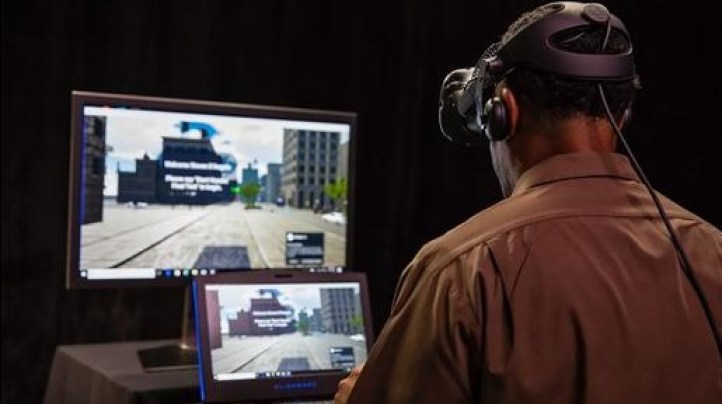The program will use immersive technology to test the driving, cognitive, and memory skills of those aged 65 years and up.
Of the 209,654 road accidents that took place in South Korea last year, over 31,000 were caused by elderly drivers. In an effort to combat the rising number of accidents, government officials launched an exchange program that offers elderly drivers subsidies and public transport coupons in return for their driver licenses. Unfortunately, only 2.8% of those eligible have taken advantage of the program so far. As a result, South Korean police are adopting a different strategy.
In a new report by Aju Business Daily, an English-language economic newspaper published in South Korea, police are in development of a new driver training program catering specifically to the country’s growing elderly population. The program will utilize VR technology to evaluate the driving ability of those aged 65 and older in an effort to help curb the growing accident rate among elderly drivers via “conditional driver’s licenses.”
These are restricted licenses most commonly used by those charged with a DUI so they can travel to important obligations, even with a suspended license.The three-year program will see the National Police Agency undergoing the development of a custom driver training program that uses VR technology to test the driving, cognitive, and memory skills of those ages 65 years and up
The Korea Transportation Safety Authority (TS) already employs a driver evaluation test for older commercial drivers, such as taxi, bus, and freight truck drivers. Drivers must undergo a series of cognitive skills and memory tests in order to maintain their commercial licenses. Seeing as roughly 40% of South Korean taxi drivers are over the age of 65, I’d say this is an important program.
For more information on this unique training program, check outAju Business Daily’s full report here.
Feature Image Credit: Aaron Guy Leroux – Creative Commons
This article was originally published on vrscout.com

